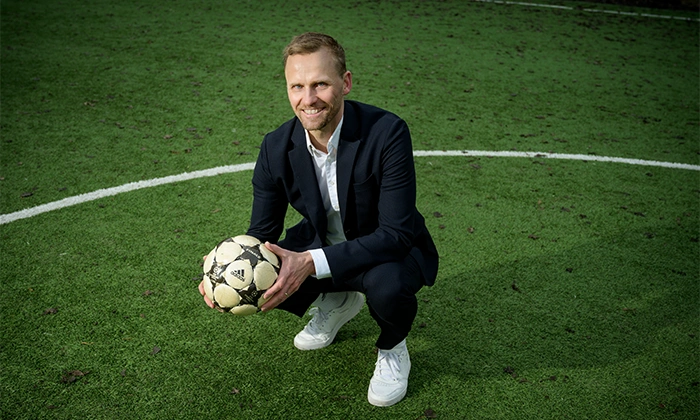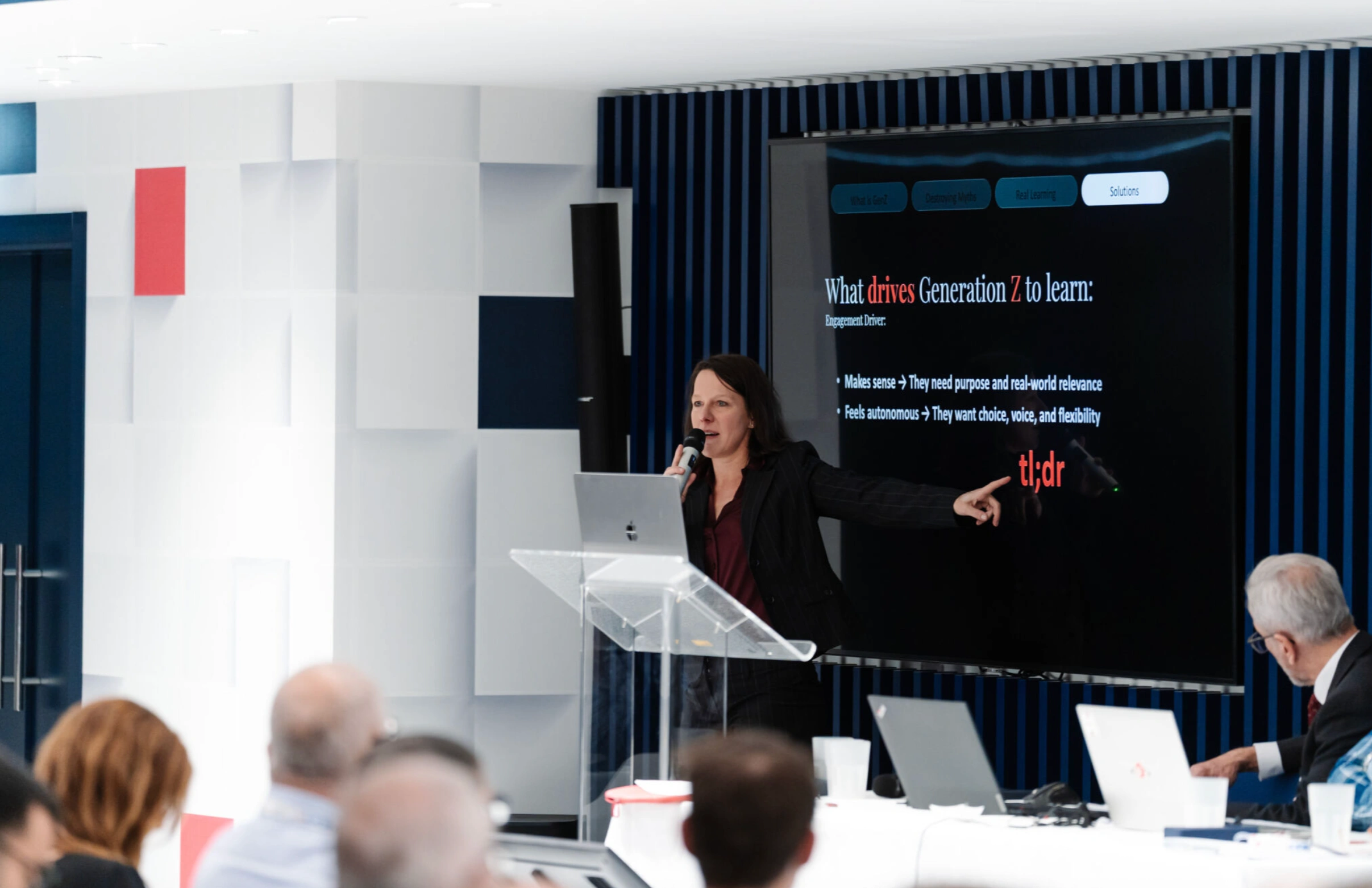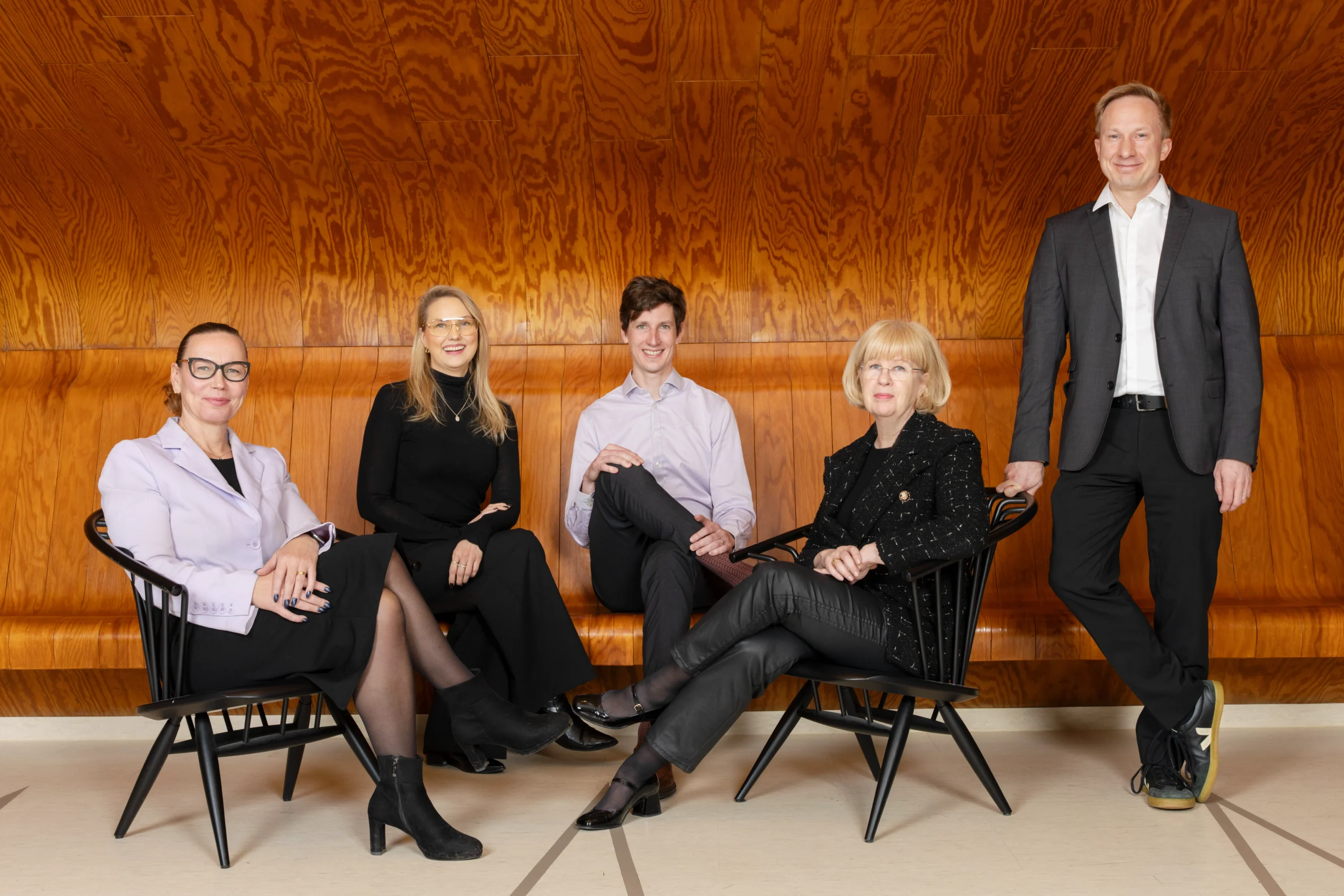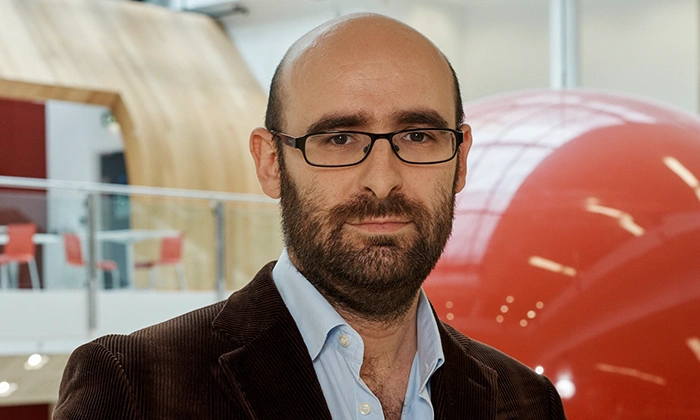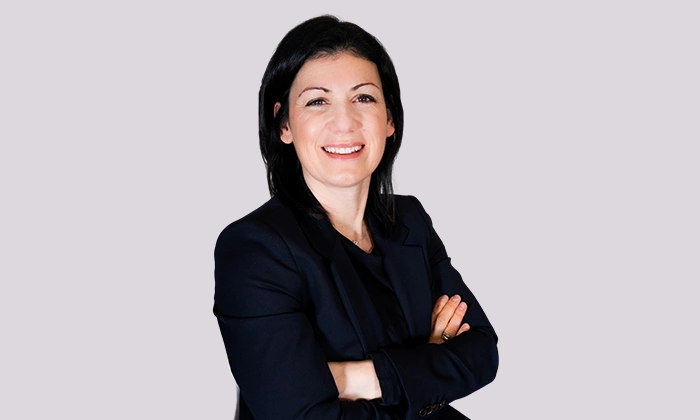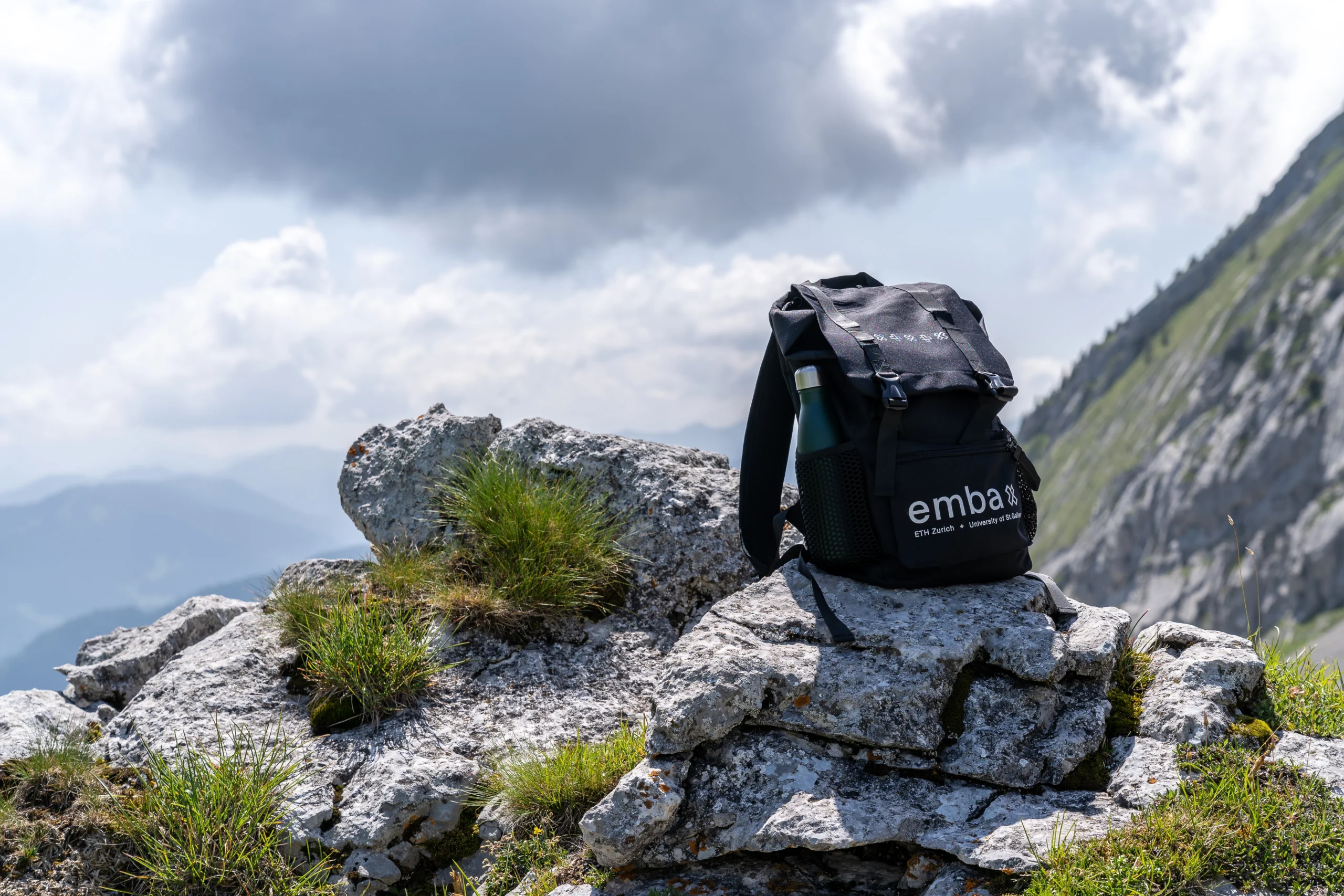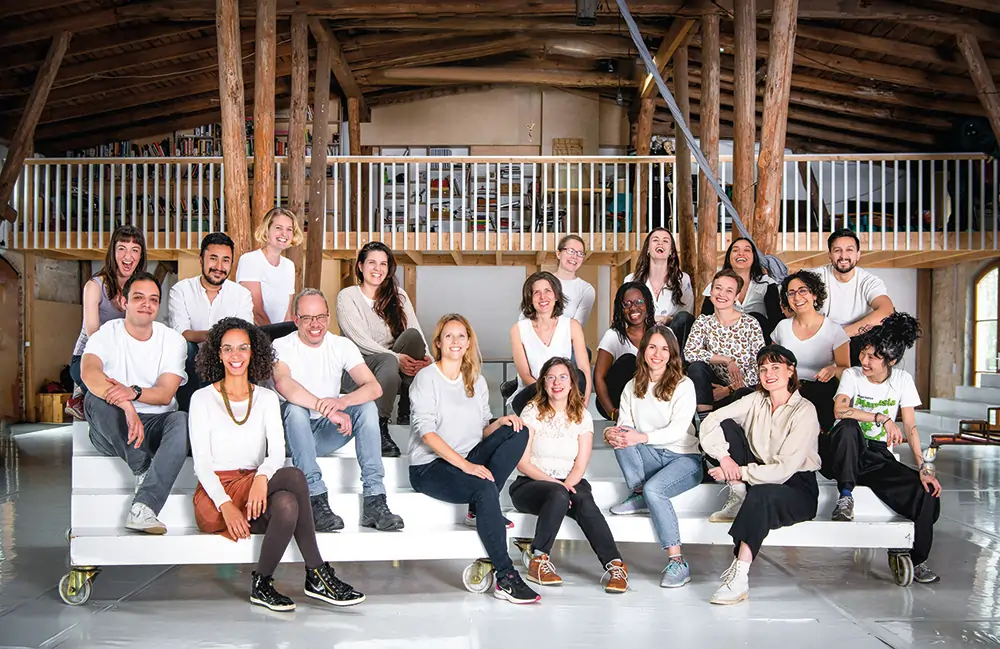Begin by building trust

John E. Kaye
- Published
- Executive Education, Home
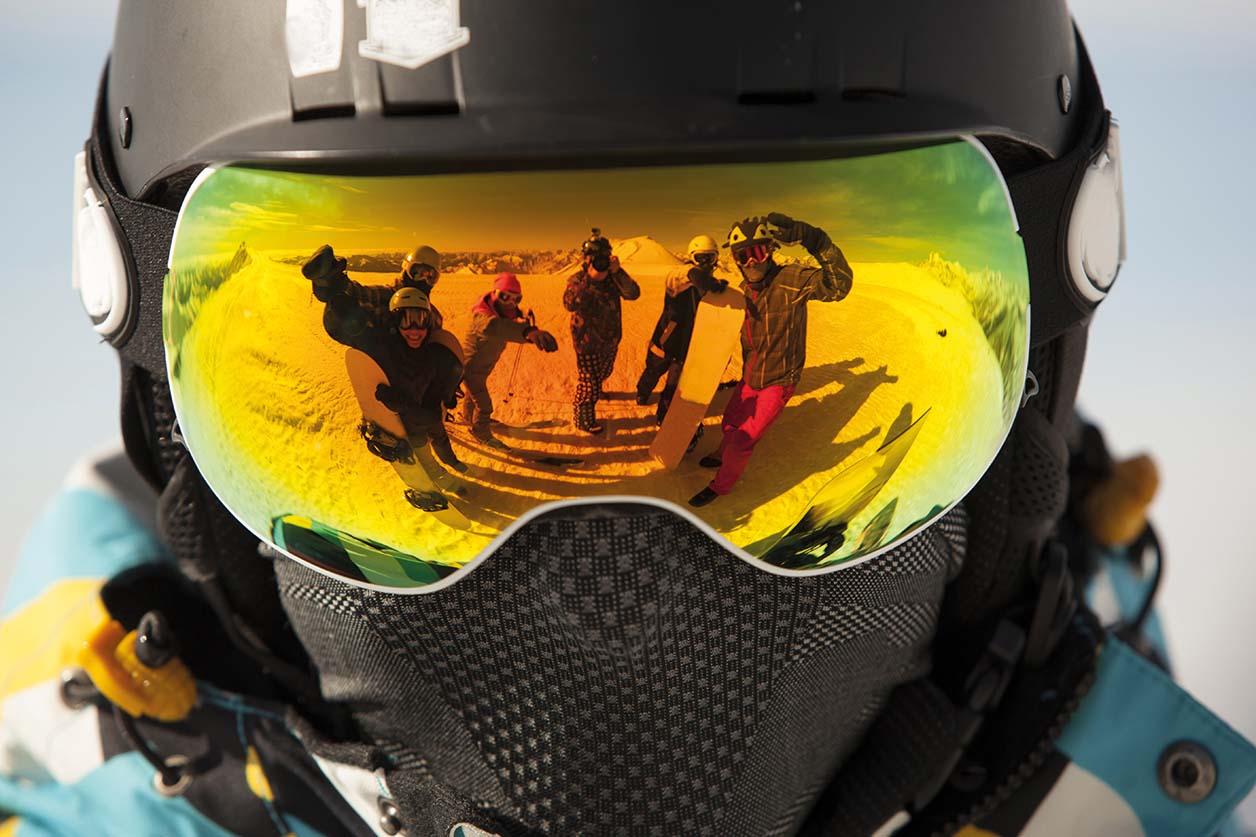
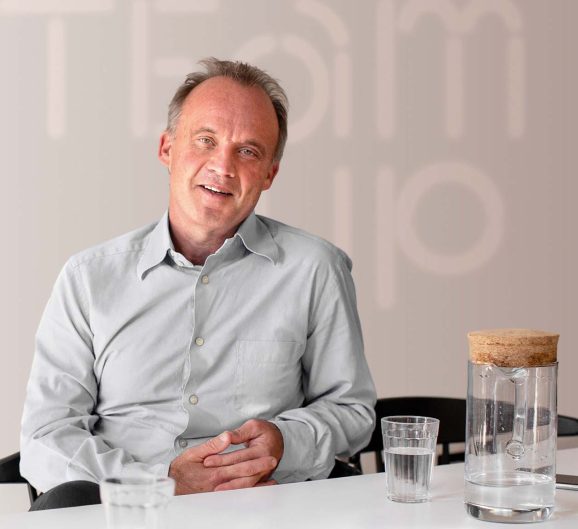
Fast, furious, and all about teamwork. What can extreme sports teach us about leadership in 2022? A great deal believes George Karseras
Imagine hurtling down a 25-metre wave on a piece of fibre glass, knowing that if you fall off you might not come back up again. Leading a team in today’s digitally transforming, highly regulated, richly diverse organisations is a bit like this. Lives may not be at stake, but the pressure of failing to deliver and falling can be similarly intimidating. So, what can we learn from extreme sports to help us cope?
Andrew Cotton broke his back falling off what many believed to be the biggest wave ever surfed in history at Nazere, Portugal in 2016. Racing down the face at 80 kmh he misjudged the line, was swallowed up by a colossal wall of water, then was spat out again onto the rock-hard water surface, breaking several ribs and his back in the process. He was lucky to survive and a year later was back in the surf again. When I spoke to him about the leadership lessons we might learn from big wave surfing, he immediately spoke about the team behind him. He told me how one of the team would surf, one would tow using a jet ski and another would be on the cliff watching through binoculars and communicating instructions, warnings and sightings via a walkie-talkie to the jet ski pilot. The pilot would risk their own life towing Andy onto these monster waves and then picking him up from the danger zone of crashing waves, if he fell. There would also be a back-up jet ski and pilot on the beach ready to rescue the rescuer, should the tow-in jet ski overturn, which it frequently did.
Andy didn’t see himself as a hero, but rather part of a team that does heroic things. He told me that his team is full of talented team players, with low egos and genuine humility. Nobody saw the team as a means to help them personally succeed, but as a means to the whole team succeeding.
Big wave surf teams have a team leader, usually the big name, who assembles a team around them. In Andy’s case it was Garrett Macnamara, one of the greatest big wave surfers of all time. Yet Garrett made sure the team were working for each other, not for him. Some of the great leaders I have worked with have this selfless, team-comes-first mentality. Many haven’t. Garrett knows that if he didn’t have it, he would be more likely to die as a result. Egos would get in the way, poor decisions would be made, mistakes would happen. I would argue, in this digitalised world, we can say the same for our organisations. Fail to cultivate the humble, team-oriented leader and organisations, big or small, will soon find themselves in trouble.
Anything but plain sailing
Charlie Pitcher holds the world record for rowing across the Atlantic. He’s also a world-famous sailor, having won just about every yacht race out there, including the America’s Cup and the Admiral’s Cup. Dee Caffari has sailed around the world six times – she was the first woman to sail solo and non-stop and has also competed in the Volvo Ocean Race. Both pointed out to me that lives are at stake when you are racing yachts at 50 knots or up against 15 metre waves. They talked to me about the importance of trust. They didn’t classify it as such, but the trust they spoke of was a type of trust we call “cognitive trust”. They spoke about the importance of the crew believing in the skill sets of each other, of trusting that everyone knew their jobs. Their observation was that the best crews were the quiet crews, who didn’t need to shout instructions at each other. They knew their roles, they knew the outcomes they were trying to achieve. They knew how to conduct themselves. Each of these is a form of cognitive trust.
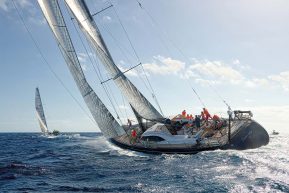
In an extreme team, this type of “Same Page Trust”, characterised by knowing everyone is on the same page, is more important than emotional or relationship based trust. Ask any SAS or Navy Seal whether they would be more reassured if their team mates were empathic, funny, vulnerable and kind, or whether they would prefer to know they could handle themselves in the line of fire and the answer is obvious. Initially at least, perceived competence and certainty of what the plan is, is more important in the extreme team than perceptions of benevolence or behaviours that make us feel psychologically safe.
Surely it’s time we prioritised Same Page Trust in our organisational teams? Our teams are more extreme than they’ve ever been – transforming and adapting to lightning fast tech development with people who don’t really know each other, in cross functional teams, on projects that may not last longer than a few months or even weeks. So, my second lesson is to build psychological safety but to start the trust building journey by first getting on the same page to build Same Page Trust. It’s not complicated.
Severe knock-on effects
Greg Hill is a world record extreme skier from Canada. He’s climbed and skied around 15,000 metres in one day. You might think extreme skiing is a solo sport but you would be wrong. Behind Greg, just like Charlie, Andy and Dee, is a team. And this team, just like most extreme teams are there to make the sport safer, not just more extreme. Once, skiing extreme terrain in Pakistan, Greg succumbed to what he called “Kodak courage”, setting off a massive avalanche that miraculously he survived with no more than a broken leg. He told me that the European team he was skiing with didn’t speak up and question his decision to ski the run, despite having grave concerns about the conditions, as they were probably in awe of him. Without this challenge, he made a very bad call:
“I am not sure why my sensors didn’t go off, but they should have. I was at the top, waiting for the sun to come out so I could rip it. When it did appear, the camera crew told me to drop in so I decided to go. It was my first ever descent in Pakistan and I just wanted to ski the slope. I wanted to give the cameras something from the top so I just skied it.”
In this situation, cognitive trust was not enough, Greg needed to have created the psychological safety for the less experienced skiers in the team to have spoken up, to have risked raising their doubts and to have challenged his thinking, even though he was the top dog. In extreme sports – just like in modern work – teams perform better when the climate created by the team leader enables such free speech. Greg could have helped this free speech if he went out of his way to tell the team he was no local expert and asked them for help, guidance and challenge in reading the conditions. In other words, a bit of proactive vulnerability would have gone a long way to safeguarding his and the camera crew’s safety.
In summary, extreme teams, just like work teams, perform at their best then when they are on the same page, feeling psychologically safe and influencing each other. The science tells us this is the precise order to build the team and is the basis of my team development code, Get Set, Get Safe and Get Strong.
About the author
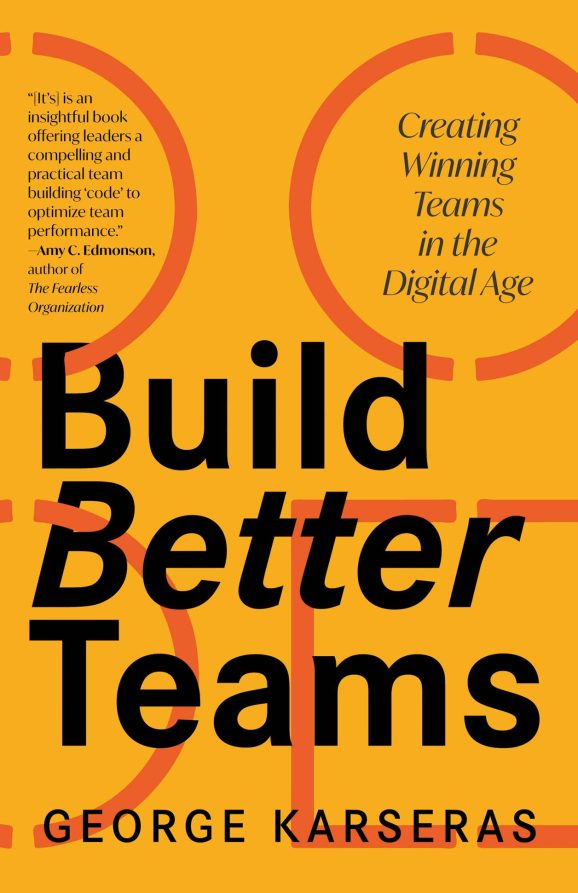
George Karseras is founder and CEO of www.team-up.company, and author of the new book ‘Build Better Teams: Creating Winning Teams in the Digital age’ where he shares stories and lessons from extreme teams. Same Page Trust™is a cognitive-based framework for building trust and is the quickest way to do this within a team.
RECENT ARTICLES
-
 Hannu Tihinen on strategy, leadership, and the value of an EMBA
Hannu Tihinen on strategy, leadership, and the value of an EMBA -
 European MBAs adapt to AI as Aalto overhauls executive education
European MBAs adapt to AI as Aalto overhauls executive education -
 From dialogue to action: how emba X prepares leaders for a new era of responsible innovation
From dialogue to action: how emba X prepares leaders for a new era of responsible innovation -
 How Europe can learn faster: turning AI into safer, smarter adult training
How Europe can learn faster: turning AI into safer, smarter adult training -
 Aalto EE launches Aalto Tech EMBA to equip executives for digital transformation
Aalto EE launches Aalto Tech EMBA to equip executives for digital transformation -
 Supply chains are being remade. Leadership must be too
Supply chains are being remade. Leadership must be too -
 Why the real barrier to AI success sits in the boardroom
Why the real barrier to AI success sits in the boardroom -
 ETH Zurich and the University of St.Gallen redefine executive education with emba X, a new model of responsible leadership
ETH Zurich and the University of St.Gallen redefine executive education with emba X, a new model of responsible leadership -
 Why leadership is the strongest defence in South Africa’s schools
Why leadership is the strongest defence in South Africa’s schools -
 Porto Business School launches executive programme on AI strategy
Porto Business School launches executive programme on AI strategy -
 POLIMI Graduate School of Management strengthens global reputation in MBA and master’s rankings
POLIMI Graduate School of Management strengthens global reputation in MBA and master’s rankings -
 Trinity Business School strengthens standing in global MBA rankings
Trinity Business School strengthens standing in global MBA rankings -
 Meet the class of 2025… and their children. Why mid-life university learning is on the rise
Meet the class of 2025… and their children. Why mid-life university learning is on the rise -
 University of Michigan launches executive programme for chief data and AI officers
University of Michigan launches executive programme for chief data and AI officers -
 International education: A vision for global citizens
International education: A vision for global citizens -
 How to create lasting social change? Build a community
How to create lasting social change? Build a community -
 Tomorrow’s world needs Dyslexic Thinking
Tomorrow’s world needs Dyslexic Thinking -
 Why family therapy is the best investment you can ever make
Why family therapy is the best investment you can ever make -
 How EQ can give us the edge over AI
How EQ can give us the edge over AI -
 A true root and branch approach
A true root and branch approach -
 It's fine to say you're not ok
It's fine to say you're not ok -
 Are you willing to change with your organisation?
Are you willing to change with your organisation? -
 Emerging markets: Online learning for women unlocks economic potential
Emerging markets: Online learning for women unlocks economic potential -
 A programme of urgent importance
A programme of urgent importance -
 Why progress is not parity
Why progress is not parity

